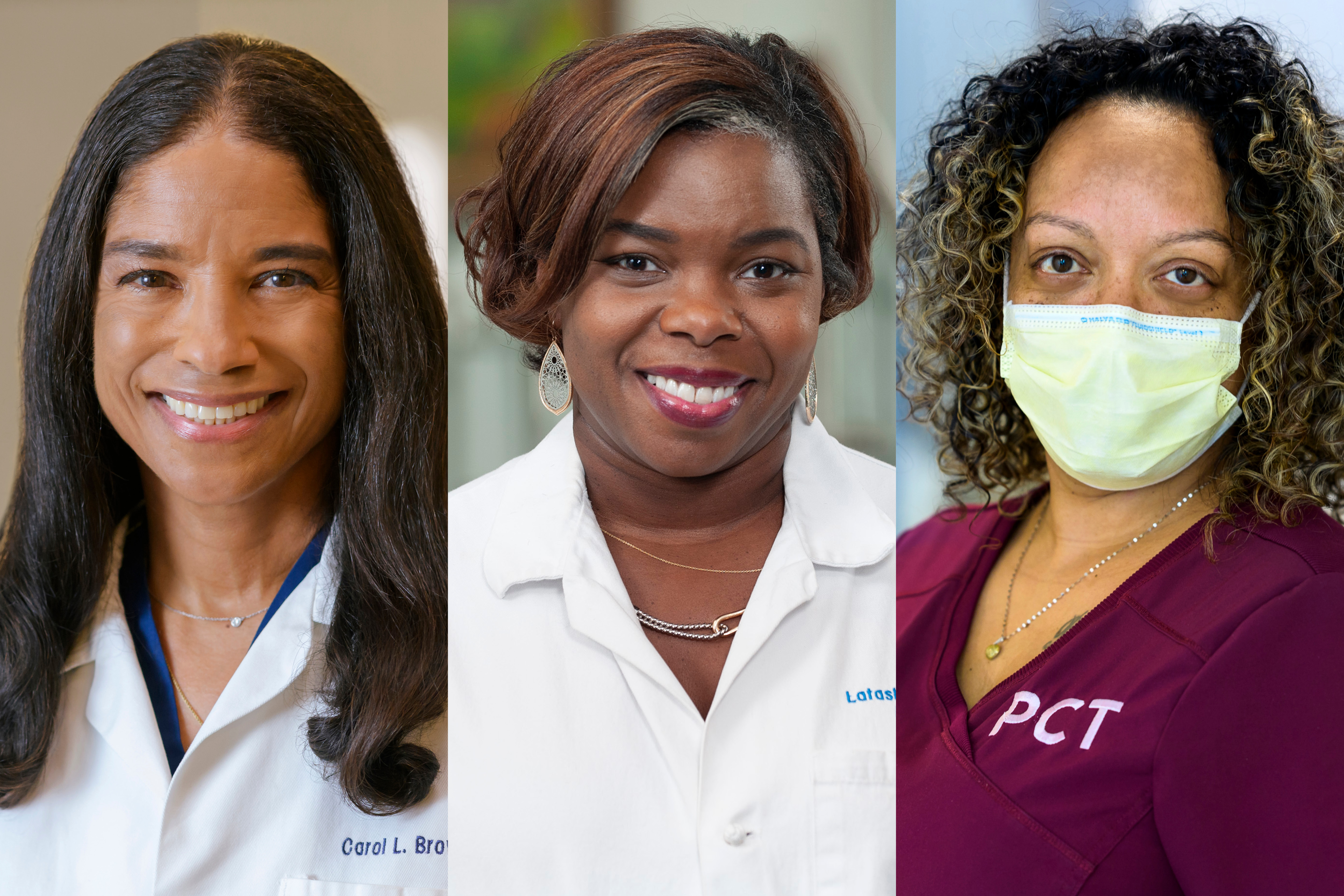
The Full Story: Endometrial Cancer and You
Endometrial (en-doh-MEE-tree-al) cancer is in the endometrium, the layer of tissue that lines the uterus. In the United States, the total number of new cases of endometrial cancer is rising, but Black and White people have very different experiences with the disease. The biggest increase is among Black women, who are more often diagnosed with aggressive subtypes of endometrial cancer. Although endometrial cancer is slightly more common in White women, Black women are nearly twice as likely to die from the disease.
MSK’s Endometrial Cancer Equity Program
Many factors play a role in the troubling disparity seen in endometrial cancer, including lack of awareness about endometrial cancer symptoms among some healthcare providers, and clinical research that often does not include enough women of color. Memorial Sloan Kettering’s Endometrial Cancer Equity Program (ECEP), based at MSK Nassau, addresses these factors through:
- Outreach and education for women at risk for the disease, as well as their healthcare providers/OBGYNS
- Personal risk assessment, including family history and genomic sequencing when appropriate
- Diagnosis and personalized care
- Access to leading-edge clinical trials
Who can benefit from ECEP?
If you are a woman of color age 35 or older and have any of the following:
- Bleeding during your period that’s heavier than usual, or bleeding between your periods
- Bleeding after menopause
- Thickening of the uterine lining
- Uterine fibroids
- Endometriosis
- An endometrial biopsy showing hyperplasia (precancer) or cancer
- Recurrence of endometrial cancer
Call 646-497-9873
Available Monday through Friday from to (Eastern time)
Endometrial Cancer Equity Team

Your Care at MSK
As an MSK patient, you will be matched with a team of devoted doctors, nurses, and other specialists who will guide you through diagnosis, treatment, and recovery. Their specialties range from surgery, chemotherapy, and radiation therapy to imaging and pathology. Highly trained oncology nurses, nurse practitioners, and clinical nurse specialists work closely with your doctors and will be an essential part of your care team.
MSK’s targeted tumor sequencing test, MSK-IMPACT, can scan your tumor for mutations in hundreds of genes linked to cancer. This test can provide results that help rule out treatment options that may be ineffective, match treatments targeted to your particular cancer, and potentially lead to new therapies targeting to genetic mutations.
MSK is a comprehensive cancer center. This means your care team may also include dietitians, dermatologists, specialists in sexual health and fertility, psychiatrists and psychologists, rehabilitation therapists, social workers, integrative medicine specialists, and art therapists.





